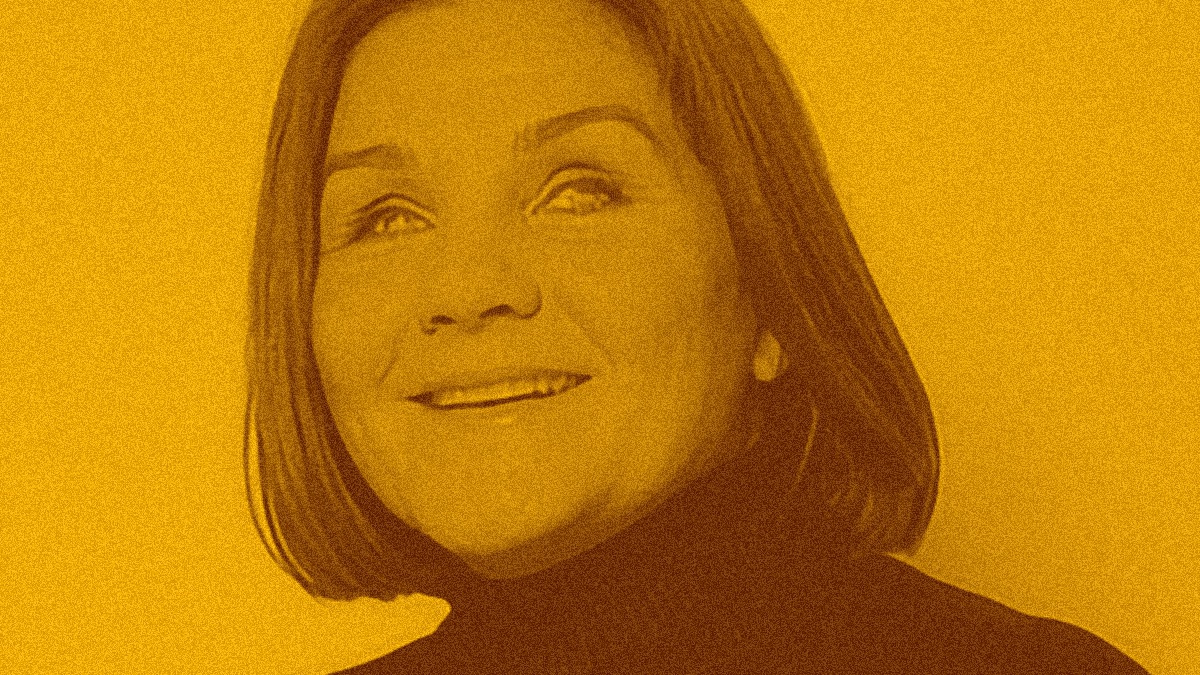Episode 106 of The Informed Life podcast features a conversation with accessibility engineer, W3C director, technology writer, and speaker Léonie Watson. Léonie is director at TetraLogical, a consultancy focused on accessibility for emerging and existing technologies. Our conversation focused on the role of accessibility in producing experiences that work well for everybody.
I was especially curious about the experience of interacting with digital systems using a screen reader. Léonie, who lost her sight early in her career, explained how screen readers work:
It’s a piece of software. Everybody has one, actually; they’re available on all devices. So, whether you have an iPhone, an Android device, a Mac, Windows machine, Linux machine, there will be a piece of software in there called a screen reader. And what they do is they convert what most of you, I assume, will be looking at on screen into synthetic speech. So, in other words, I listen to content where you may well look at what’s on screen.
But this isn’t just about having the software read pages to you. Users also interact with computers using screen readers:
what we do more often, especially on webpages, is we navigate around by different kinds of things on the page.
So, headings, for example are a very common way to navigate around a webpage for me. I’ll move from one heading on the page to the next until I find something that sounds like it’s the section of the page I’m interested in. And then I might say to my screen reader, “okay, read everything from this point onwards.”
Many people know to design digital products that can be used effectively with a screen reader. But, I wondered, what is the role of information architecture in all of this? Can systems be architected to be more accessible? With this in mind, we discussed the implications of the language used to describe options in menus.
Léonie noted that accessibility entails more than accommodating people with different sensory perception abilities. For example, people’s motor skills might vary as well:
For the most part, people working in design development tend to be mouse users, tend to be reasonably smart, reasonably able-bodied. And so, it is tempting to just build stuff in your kind of own style. That’s just a human trait. But stopping to think that actually people like me who can’t see, the way the system is architected or displayed or presented on screen, what does that mean in terms of what I need from the system? What about somebody who’s, you know, unable to use a mouse? Can the system that we’re architecting be navigated and used and interacted with a keyboard? What about someone who’s deaf or hard of hearing? If there’s a multimedia or an audio aspect to whatever it is, how will we manage that?
Really from the very first moment you start planning whatever it is you’re going to build, thinking about how people are going to use it, and therefore what they need is a really good start. And then from there you can translate that into user stories, you know, if your teams happen to use those.
And once you’ve got those in place, of course you’ve got really good reference points for making sure that all the way through, everything that comes after that — information architecture, the design, the build, whatever it may be — if you keep coming back to those user stories and just keep checking in, you’ll get to the end of the system with something that’s really just put people first and that’s really what accessibility is all about to my mind. It’s just a different aspect of who people are and how they do stuff and how we can create technologies that support them.
Designing for a wide range of abilities makes products better all around. Léonie acknowledged that at first this can mean a bit more extra development up front, but it becomes second nature. She advised making progress bit by bit — “it doesn’t have to be perfect. It’s just got to be a little bit better than yesterday.”
I was thrilled to host Léonie on the show. This is a conversation I’d wanted to have for a long time. I’m pleased with how it turned out — it was a real treat to talk with a world-class expert about a very important subject.
The Informed Life episode 106 - Léonie Watson on Accessibility
